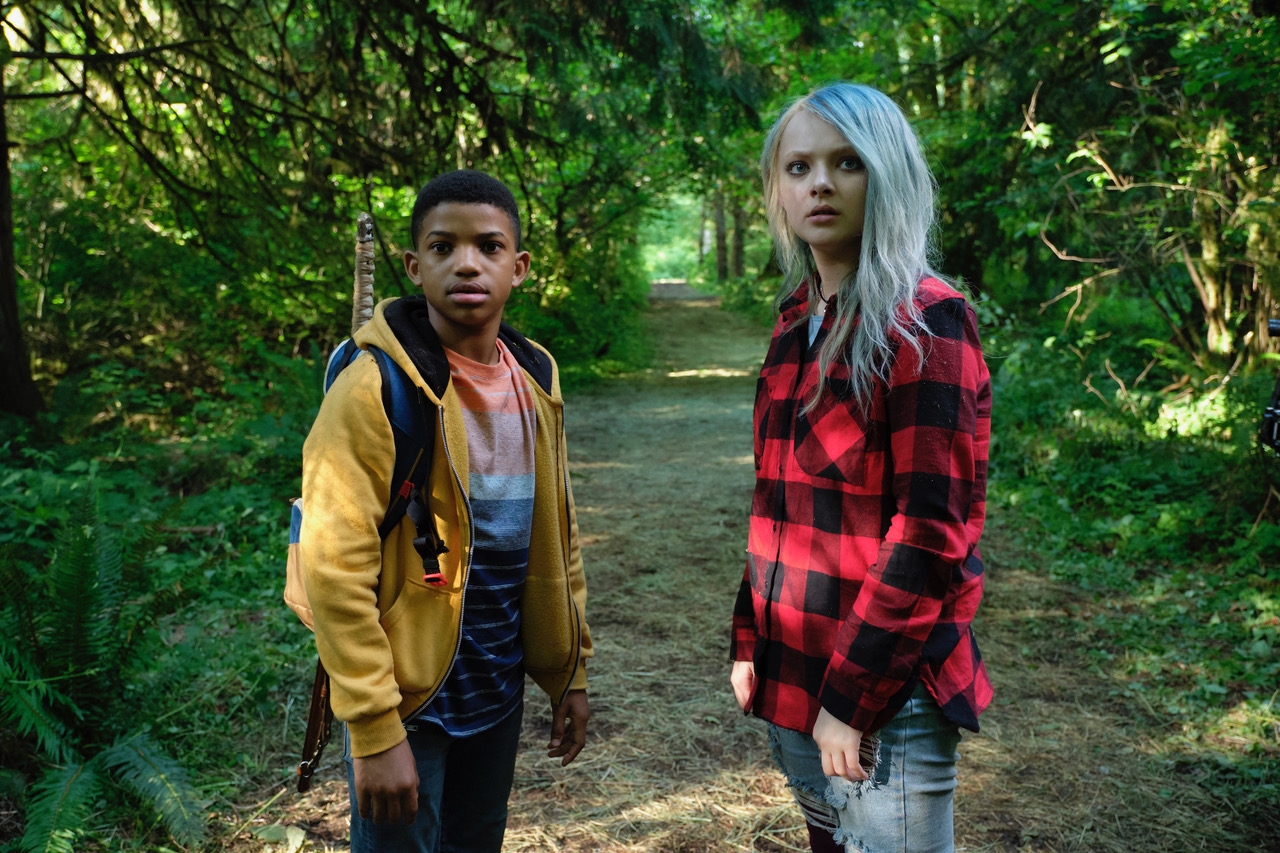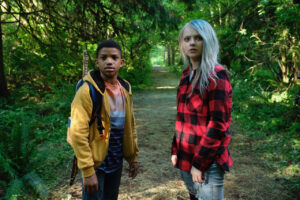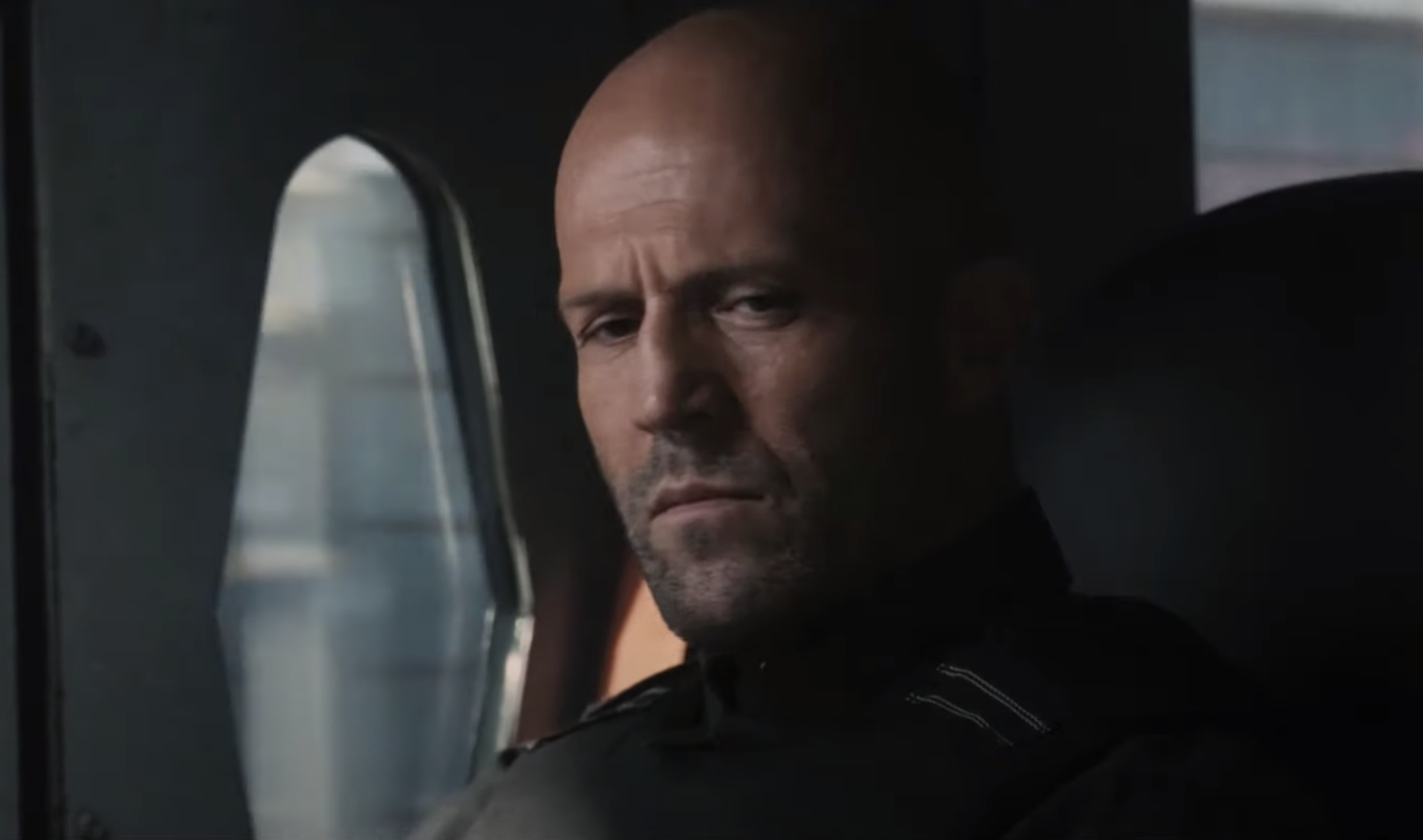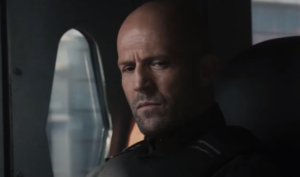Dream Horse
Posted on May 20, 2021 at 12:00 pm
B +| Lowest Recommended Age: | Middle School |
| MPAA Rating: | Rated PG for language and thematic elements |
| Profanity: | Some mild language |
| Alcohol/ Drugs: | Drinking, scenes in pub, alcoholic portrayed as cute and funny |
| Violence/ Scariness: | Sad death of a parent, off-screen serious injury of a horse |
| Diversity Issues: | Class issues |
| Date Released to Theaters: | May 21, 2021 |
| Date Released to DVD: | July 5, 2021 |

Even those who do not know the story and have not seen the popular documentary, “Dark Horse,” about the real story, have a pretty good idea of where this is going. There will be an impossible dream, some early signs of success, setbacks, struggles, and a triumphant conclusion, with glimpses of the real people (and horse) in the final credits. Those credits, by the way, are one of the film’s highlights; don’t miss them, as the actors and the Welsh villagers they portray sing a classic song by Wales’ favorite son Tom Jones together.
It is Collette who helps to make the story feel fresh and authentic, along with the staging of the race scenes by Welsh director Euros Lyn, so exciting we lean forward in our seats, as though it will help our favorite be first over the finish line. She is called upon in the film to sit in various owners’ seats at various racetracks and make each expression of worry, excitement, fear, and ecstatic joy look different and real and she, well, crosses the finish line ahead of the pack every time.
Jan feels stuck as the film begins. Her husband, Brian (Owen Teale) snores at night and bores in the daytime, watching reality television shows about veterinary procedures and ignoring Jan except when absent-mindedly asking what’s for tea. She has two jobs, cashier at the store and barmaid at the pub. When she isn’t being ignored by Brian, she is caring for her elderly parents. There is nothing to make her feel a sense of hope or purpose.
And then she overhears a customer at the bar talk about his time as part owner of a racehorse. He is Howard (Damian Lewis), an accountant who nearly went broke when the syndicate failed. Jan realizes that if she can just get everyone to give ten pounds a week, she can breed a racehorse by buying a retired mare and paying the stud fee to get her pregnant. A lovably quirky group of people from the village and a couple of Howard’s friends agree to join. And they agree it isn’t for the money or for the craic (Celtic term for fun, but for the hwyl (pronounced hoyle, and a Welsh term meaning more than fun, fun plus enthusiasm, spirit, and purpose). The film’s wisest choice is making it clear that the miracle is not the horse. It is the chance to believe in something and to be part of a community.
The foal is born, but the mare dies. In some other versions of the story we might spend time on how the syndicate members care for the motherless colt, named Dream Alliance, but in this one we skip ahead to bringing him to the training facility of the country’s top racehorse trainers, played by Nicholas Farrell (“Chariots of Fire”). No training montage here. We skip right from his initial no to, the “wait a minute, that horse is really fast” to, well, being off to the races.
That leaves perhaps too much time with the overly cutesy townsfolk. I think we are past the time when the town drunk is supposed to be funny or adorable. And the resolution of Howard’s conflict with his wife, who is understandably worried about a repeat of his past losses, is improbably easy. But then there is another chance to hold our breath at the races, and to cheer for Dream Alliance, for dreams, and the alliances that make them come true.
Parents should know that this film includes some potty humor, scenes in a bar, a town drunk whose alcoholism is played for humor, a sad death, and a serious injury of an animal.
Family discussion: What dream would make a difference in your community? Why was it so difficult for Jan’s father to tell her he was proud of her? How did money change the way the group made decisions? What would you do just for the “hwyl?”
If you like this, try: “Dreamer” (also inspired by a true story), “Phar Lap,” and “The Black Stallion”

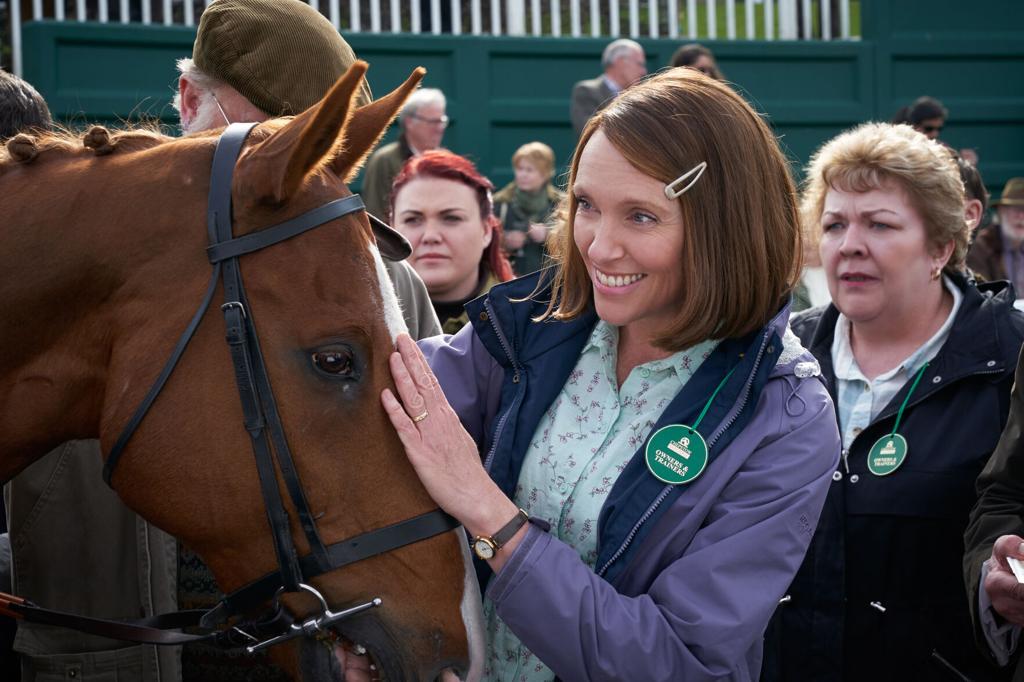
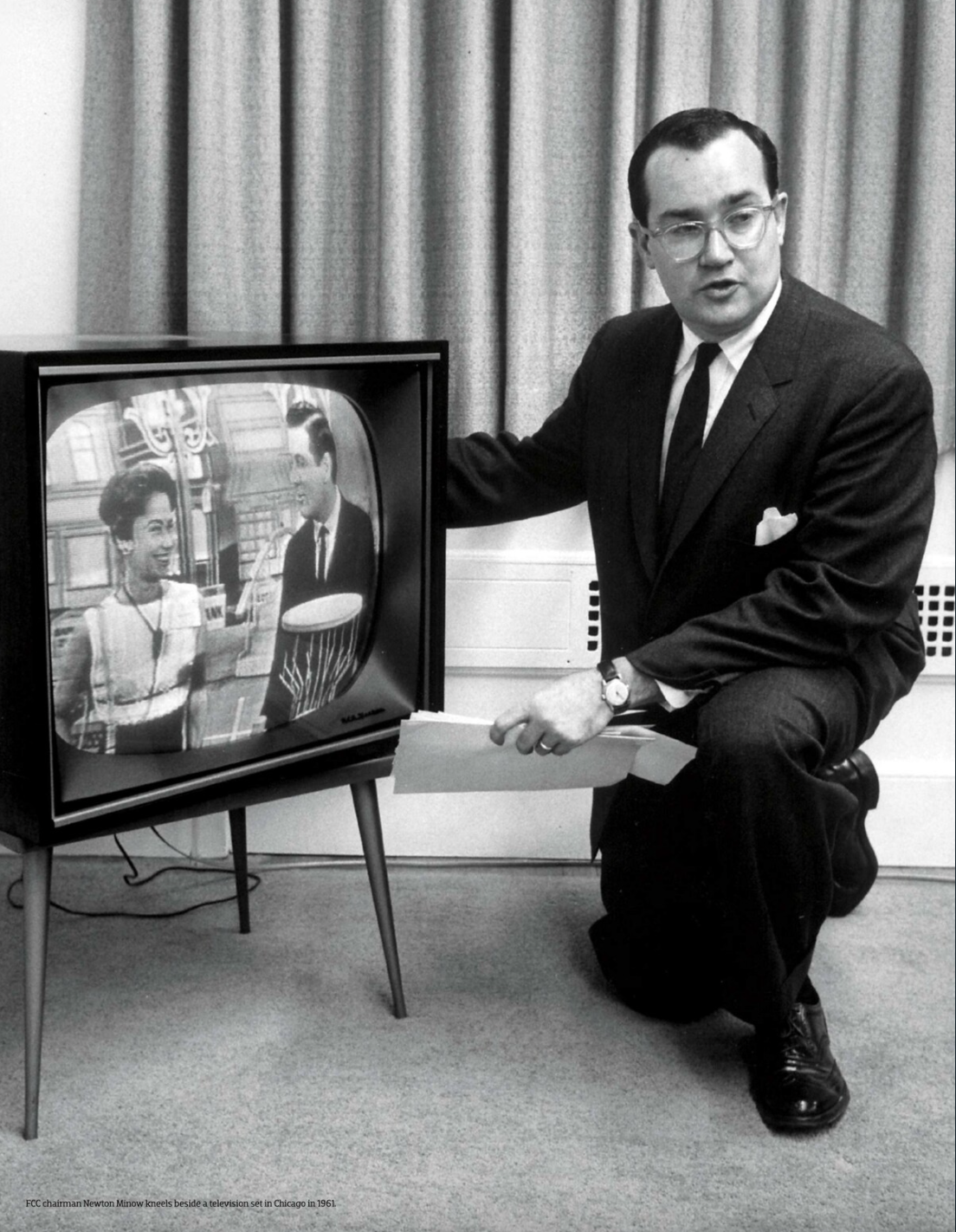
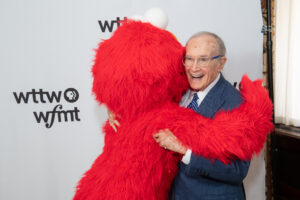 On May 9, 1961, my father, Newton Minow, delivered a speech that continues to inspire the conversation about media and has even been an answer on Jeopardy!
On May 9, 1961, my father, Newton Minow, delivered a speech that continues to inspire the conversation about media and has even been an answer on Jeopardy!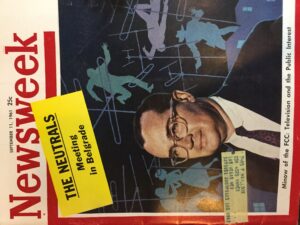
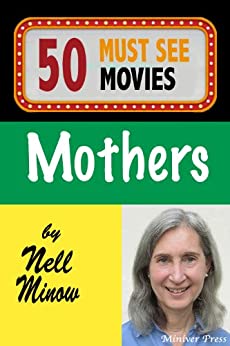
 The movies have given us warm, loving, mothers, evil, abusive mothers, even alien mothers. Some of my favorites are featured in my book,
The movies have given us warm, loving, mothers, evil, abusive mothers, even alien mothers. Some of my favorites are featured in my book, 